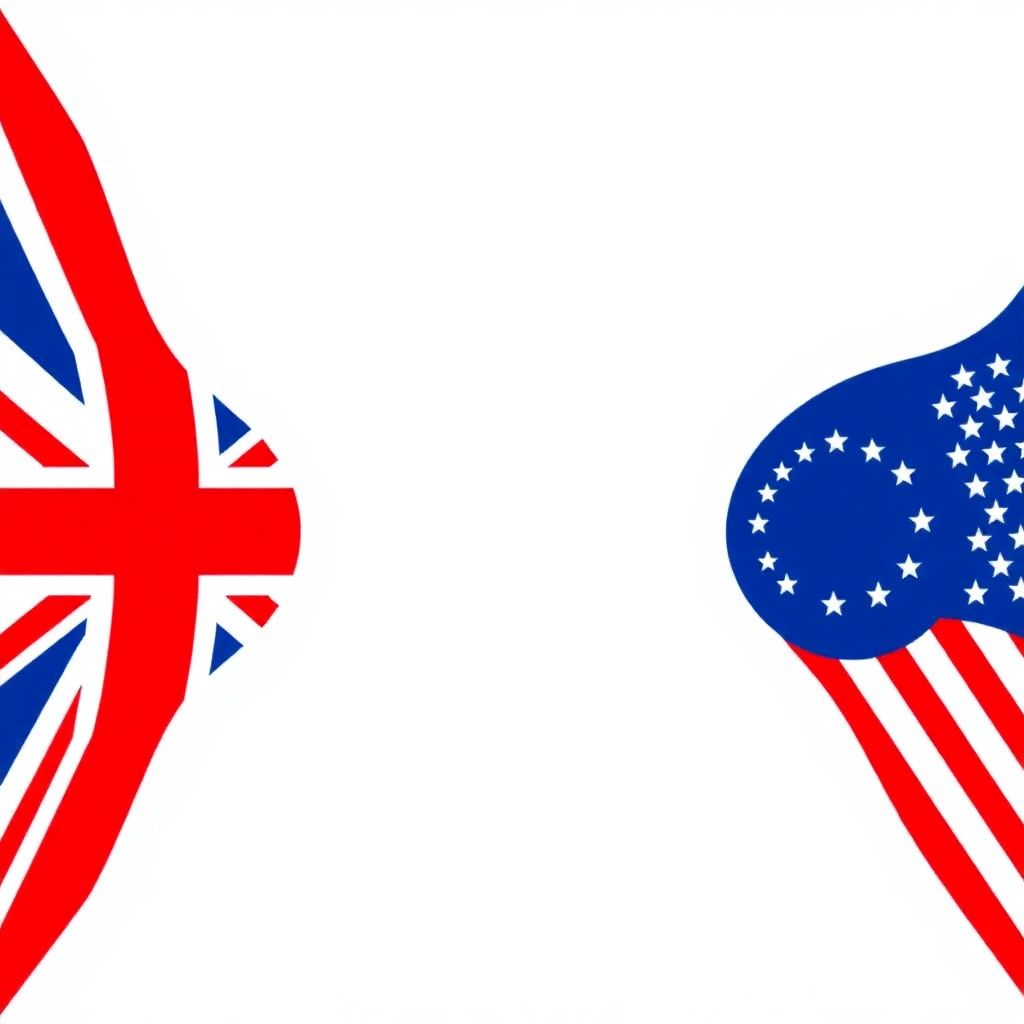UK and US to Launch Joint Crypto Regulatory Sandbox, Says Former MP Lisa Cameron
A transatlantic collaboration between the United Kingdom and the United States is reportedly advancing toward the creation of a unified cryptocurrency regulatory sandbox. According to Lisa Cameron, former UK Member of Parliament and the founder of the UK-US Crypto Alliance, the two nations are in serious discussions that could lead to the establishment of a shared framework for crypto oversight—particularly around the concept of “passporting” digital asset licenses between the two jurisdictions.
Speaking during an event at the UN City offices in Copenhagen, Cameron revealed that her organization anticipates the development of a joint sandbox as a result of conversations held with U.S. lawmakers and officials from the Securities and Exchange Commission (SEC), specifically its Crypto Task Force. She described the UK-US Crypto Alliance as “very enthusiastic” about the prospect and believes that such a sandbox would play a pivotal role in harmonizing regulatory processes across borders.
The idea of a regulatory sandbox is not new. These environments allow fintech and crypto firms to test new products under regulatory supervision without facing the full weight of existing laws. The proposed transatlantic sandbox would serve as a testing ground for aligning compliance standards and facilitating smoother market access on both sides of the Atlantic. Notably, one of its goals would be to streamline “passporting” rights, a mechanism that could allow crypto companies licensed in one country to legally operate in the other without needing separate approvals.
Momentum is building in both nations toward a more structured regulatory approach to digital assets. In the UK, the Bank of England recently released a consultation paper proposing a framework for regulating systemic stablecoins denominated in British pounds. This initiative aims to ensure that such stablecoins, especially those used for large-scale payments, are brought under comprehensive oversight, echoing recent legislative moves in the U.S.
Furthermore, UK and US treasury departments have reportedly formed a task force focused on short- to medium-term cooperation in digital asset regulation. This step reflects a growing consensus between the two governments on the importance of harmonizing rules in the crypto space, especially as digital financial products become more globally interconnected.
Back in September, news emerged that the UK was seeking to adopt a more crypto-friendly regulatory stance by taking cues from previous U.S. policies. Concurrently, UK-based trade organizations advocated for blockchain technology to be formally included in the “Tech Bridge” scheme—a bilateral technology partnership between the two countries.
Despite these developments, Cameron expressed concern that the UK may be falling behind. She warned that without swift and decisive action, the country risks losing its competitive edge in the global crypto market. “There’s a window of opportunity that could close quickly,” she cautioned, emphasizing that too many blockchain startups feel unsupported and are choosing to relocate to jurisdictions with clearer and more favorable regulations.
Cameron also pointed out that the United States has taken a notably proactive stance on emerging technologies, including crypto, intensifying the pressure on the UK to respond with equal urgency. “With the U.S. now showing a clear and assertive direction on this front, the UK must act fast,” she urged.
The concept of passporting crypto services is especially crucial for startups and international firms seeking seamless entry into new markets. A mutual recognition of regulatory standards could reduce redundant compliance costs and accelerate innovation. While the EU once offered passporting benefits for financial services within its member states, Brexit removed the UK from that architecture—leaving the country searching for new bilateral agreements to restore similar privileges.
In the broader context, a joint US-UK sandbox could serve as a global template for regulatory cooperation in digital finance. If successful, it may pave the way for other countries to establish similar bilateral or multilateral frameworks, ultimately contributing to a more cohesive global crypto economy.
However, challenges remain. Regulatory frameworks in the UK and US are still evolving independently, and aligning them would require substantial negotiation, legal adjustments, and political will. The SEC, for instance, has taken a hardline stance on several crypto products, while the UK’s Financial Conduct Authority (FCA) has issued hundreds of warnings to crypto exchanges operating without registration.
Moreover, the need for regulatory clarity is becoming increasingly urgent as the crypto industry matures. Institutional investors, payment providers, and even traditional financial institutions are entering the space—but many remain hesitant without clear governance structures in place.
From a geopolitical perspective, a successful US-UK collaboration could also strengthen the West’s influence over global crypto standards, especially as countries like China and Russia pursue their own digital currency strategies. By setting a high bar for compliance and innovation, the transatlantic partners could help define best practices for years to come.
In conclusion, the proposed joint crypto sandbox between the UK and US represents a significant step toward regulatory alignment and cross-border collaboration. While still in its formative stages, the initiative underscores the growing recognition that digital assets require coordinated oversight. If implemented effectively, it could not only benefit firms operating in both markets but also serve as a model for international cooperation in the fast-evolving world of blockchain and cryptocurrency.

